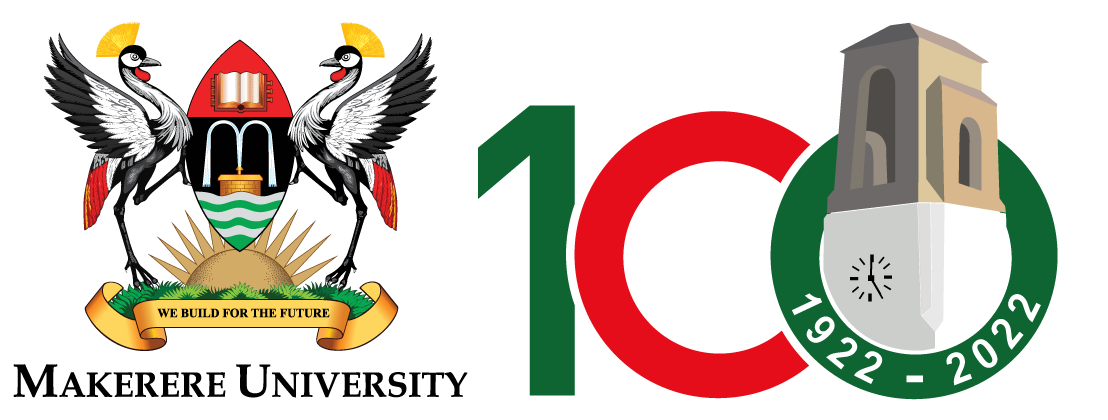Commissions of inquiry in Uganda are established by the law which governs their
processes and procedures. In the main, their mandate is to inquire into the conduct of any
officer in the public service or management of any department of the public service or into any matter of which an inquiry would be for the public welfare. However, in Uganda commissions of inquiry appear on a trajectory of increased judicialization in their processes and conduct. This amounts to a problematic deviation from what the legal regime bars, that is the Constitution, the Commissions of Inquiry Act and several precedents in case law read together. There is both documentary and anecdotal evidence of this increased judicialization.
The judicialization of inquiries in Uganda has manifested itself in the issuing of injunctive orders, a shift in procedures from inquisitorial to adversarial legalism or a crude mixture of both, the issuance of verbal interim orders, cancellation of leases and certificates of title, as well as evictions and the deployment of alternative dispute resolution of complaints.
The problem with the judicialization phenomenon is that some citizens have unjustly lost
their properties without due process. Others have been defamed, while others have lost sources of livelihood due to injunctions being slapped on their properties. Some inquiry reports have been quashed by courts resulting in the loss of colossal sums of money. On the other hand, hundreds of victims of land grabbing in several parts of the country were happy about the trends in the judicialization/juridification phenomenon and asked the President of Uganda to give the Bamugemereire Commission more powers to investigate and prosecute culprits. In light of the above developments, there is a need to understand the phenomenon of judicialization from a developing world perspective and to explore its drivers. What is
judicialization from such a perspective? What are the normative gaps that have been created by the government and other sector players that are driving the phenomenon? What are the trends in using the phenomenon as an avenue for resolving societal problems? What does the
phenomenon represent?

